🔅 From Apartheid's Shadows to Coup Attempts
Kganye's Photography Prize, Zuma's Election Hurdle, and DR Congo's Thwarted Coup
Photo of the Day
Spotlight Stories
South Africa's Kganye Wins Prestigious Photography Prize
Lebohang Kganye, a Johannesburg-based artist born in the final years of apartheid, has been awarded the prestigious Deutsche Börse Photography Foundation prize.
Her winning exhibition, titled "Haufi nyana? I've come to take you home," uses large-scale cutouts and theatrical elements to explore her family's history during the apartheid era.
Blending Oral Traditions, Family Photos, and Set Design
Kganye's innovative approach to storytelling combines oral history, family photo albums, and theatrical stages to create a powerful and immersive experience for the audience. By using cutout figures and objects to depict scenes from her family's stories, and sometimes even appearing in the scenes herself, dressed as her relatives, Kganye brings the realities and consequences of apartheid and colonialism to life.
The judges praised Kganye's work for its ability to experiment with the medium of photography by combining it with archival material in a fresh and engaging way. They also commended her use of theatre to draw the audience into conversation with the artwork, breaking down the distance between the viewer and the subject matter.
The other shortlisted artists, Valie Export, Gauri Gill and Rajesh Vangad, and Hrair Sarkissian, also touched on the themes of family, displacement, and untold stories in their work.
As Anne-Marie Beckmann, the director of the Deutsche Börse Photography Foundation, noted, the 2024 shortlist showcased artists are shedding light on hidden histories and giving voices to unheard communities.
Lebohang Kganye's win is a testament to the power of art to uncover and confront the legacies of the past, while also pushing the boundaries of the photographic medium itself.
Former South African President Jacob Zuma Barred from Running in Upcoming Election
South Africa's Constitutional Court has ruled that former President Jacob Zuma is ineligible to stand in the upcoming national election due to his previous criminal conviction. The decision, which could raise political tensions in the lead-up to the crucial vote, has dealt a blow to Zuma's hopes of making a contentious return to Parliament.
The Constitutional Court's ruling hinged on a section of the constitution that disqualifies individuals from running for office if they have been sentenced to more than 12 months in prison without the option of a fine. In 2021, Zuma was sentenced to 15 months in prison for contempt after refusing to testify at a judicial inquiry into government corruption during his tenure as president.
While Zuma initially won an appeal to the Electoral Court, which argued that the disqualification didn't apply in his case because he had no option to appeal the contempt ruling, the Constitutional Court overturned that decision on Monday. As a result, Zuma is now barred from running for Parliament for five years from the completion of his sentence.
ANC's Toughest Test in 30 Years:
The ruling comes at a crucial time for South Africa, as the country prepares for an election that is expected to be the toughest test yet for the ruling African National Congress (ANC) party. After 30 years in power, the ANC is in danger of losing its majority for the first time, which could force the nation into a coalition government.
Zuma's new MK Party is expected to erode some of the ANC's vote, thanks to the former leader's popularity in certain parts of the country. However, with Zuma now disqualified from running, the impact of his party on the election outcome remains to be seen.
A Controversial Figure Faces Further Challenges Zuma, who served as South African president from 2009 to 2018, resigned under a cloud of corruption allegations. In addition to his contempt conviction, he has also been charged with corruption in a separate case and is expected to go on trial next April, where he has pleaded not guilty.
DR Congo Thwarts Attempted Coup

The Democratic Republic of Congo's army announced that it has successfully quashed an attempted coup against President Felix Tshisekedi in the capital city of Kinshasa. The alleged coup attempt involved both Congolese and foreign fighters, with 50 suspects, including three Americans and a naturalized British citizen, being detained in connection with the incident.
The attempted coup began with an armed attack on the residence of Vital Kamerhe, the former chief of staff and close ally of President Tshisekedi, early on Sunday morning. Witnesses reported that around 20 assailants in army uniform engaged in a gunfight with security forces, resulting in the deaths of two guards and one assailant.
The attackers also briefly occupied the Palais de la Nation, the highly secure office of the President, located in the city center.
The New Zaire Movement & Christian Malanga:
Local media reports suggest that the assailants were members of the New Zaire Movement, linked to the formerly exiled DR Congo politician Christian Malanga, who had acquired American citizenship.
Malanga was shot dead at the presidential palace after resisting arrest by security forces. His son, Marcel Malanga, was among the three American nationals arrested in connection with the alleged coup attempt.
The US ambassador to DR Congo, Lucy Tamlyn, expressed shock at reports of American involvement in the coup attempt and pledged full cooperation with Congolese authorities in their investigation.
The attempted coup comes just months after President Tshisekedi was re-elected for a second term in elections last December, winning approximately 78% of the vote.
Food for Thought
“A spider’s cobweb isn’t only its sleeping spring but also its food trap."




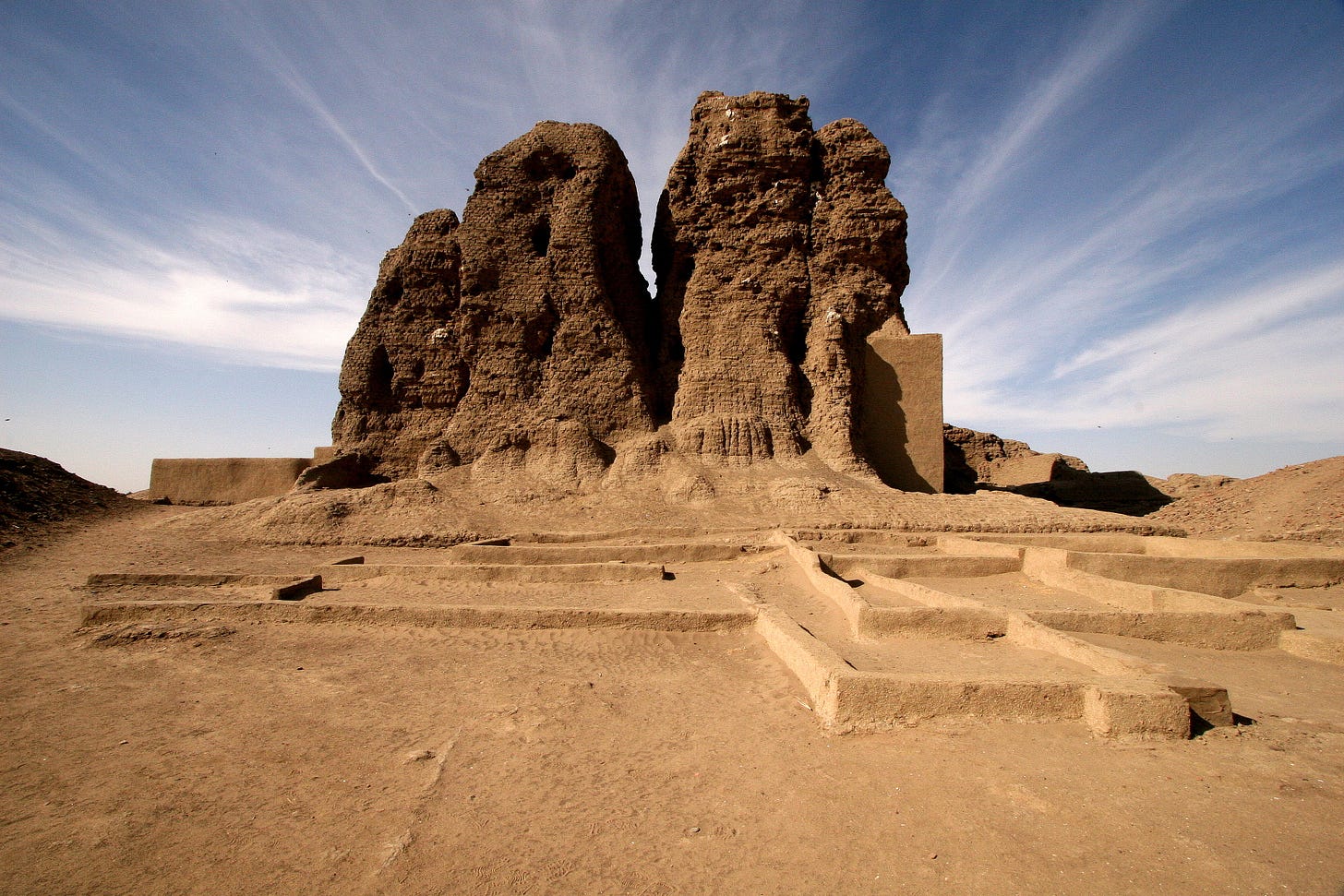
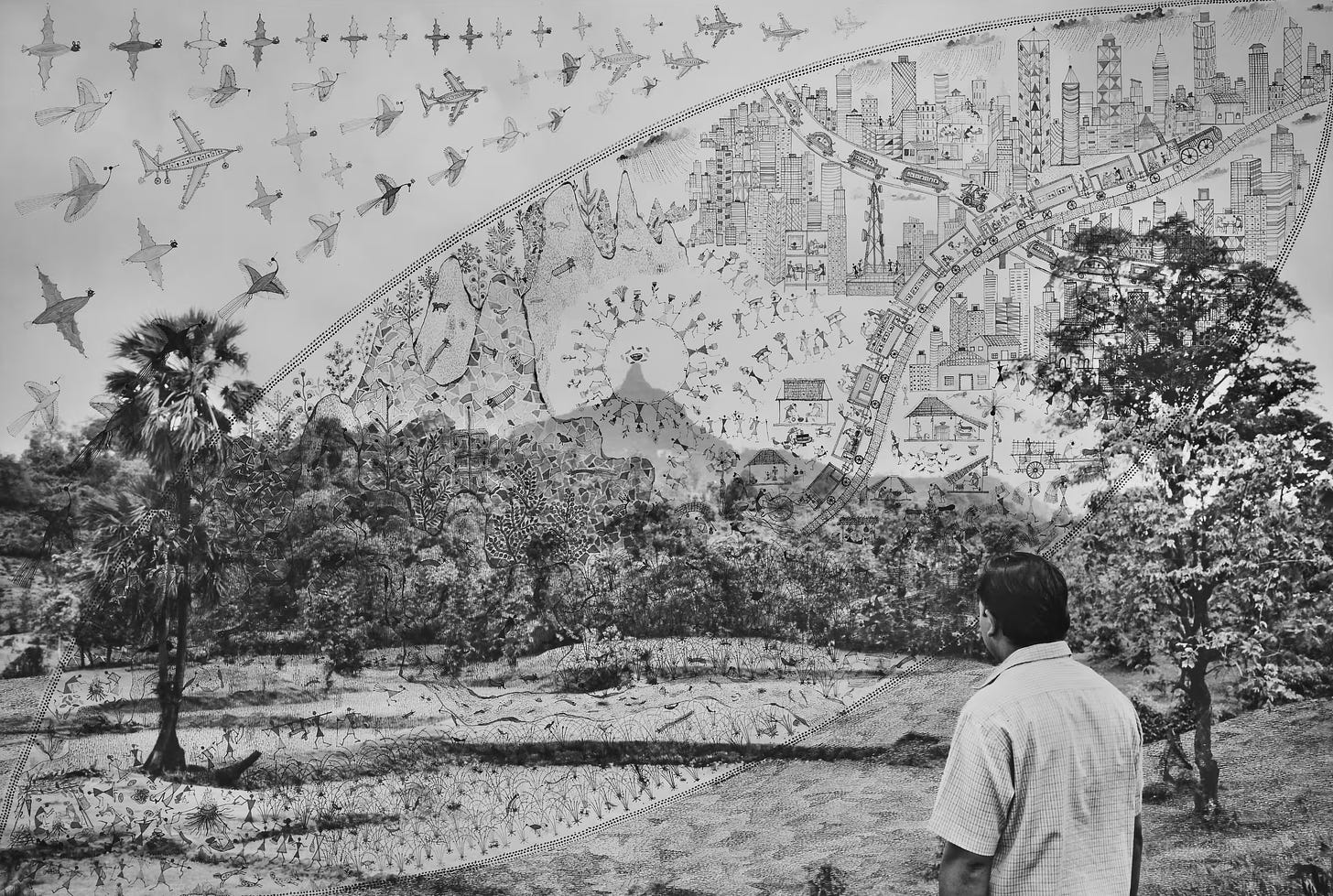
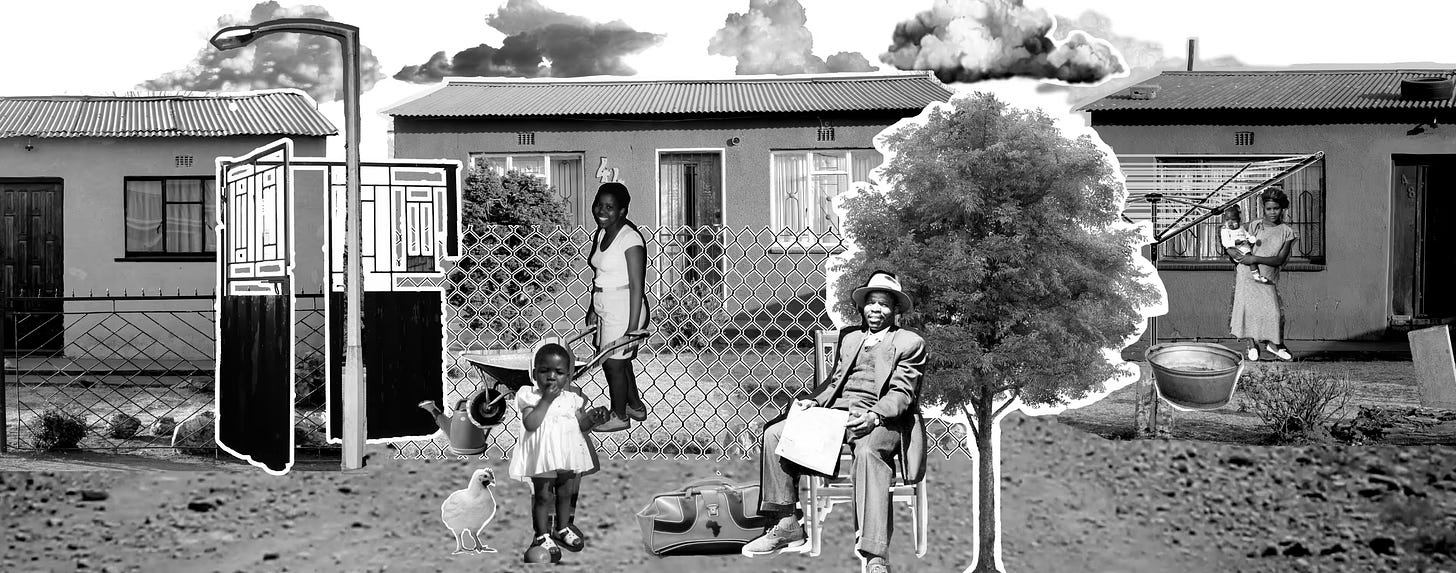
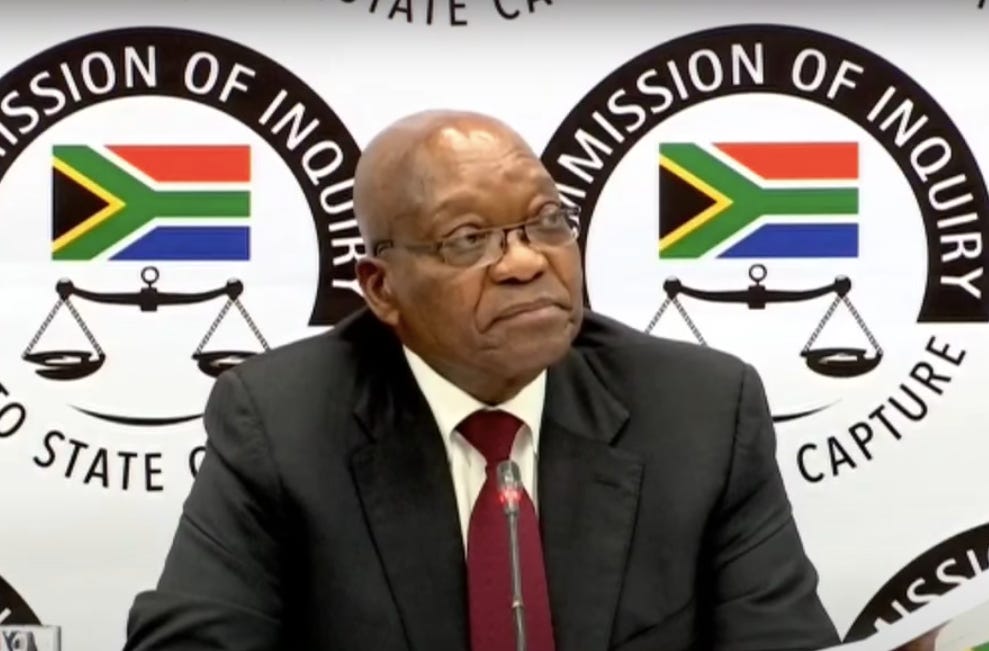
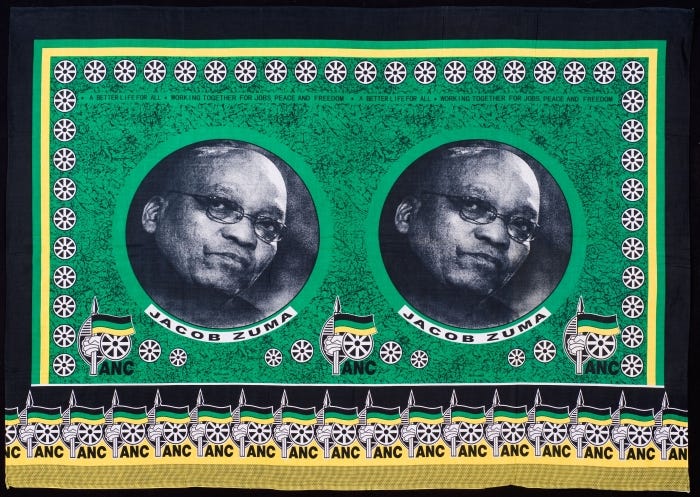
What a blessing that Zuma has been ruled out of the coming elections! There might be hope to finally establish a government that works for the people and not only in their own pockets.